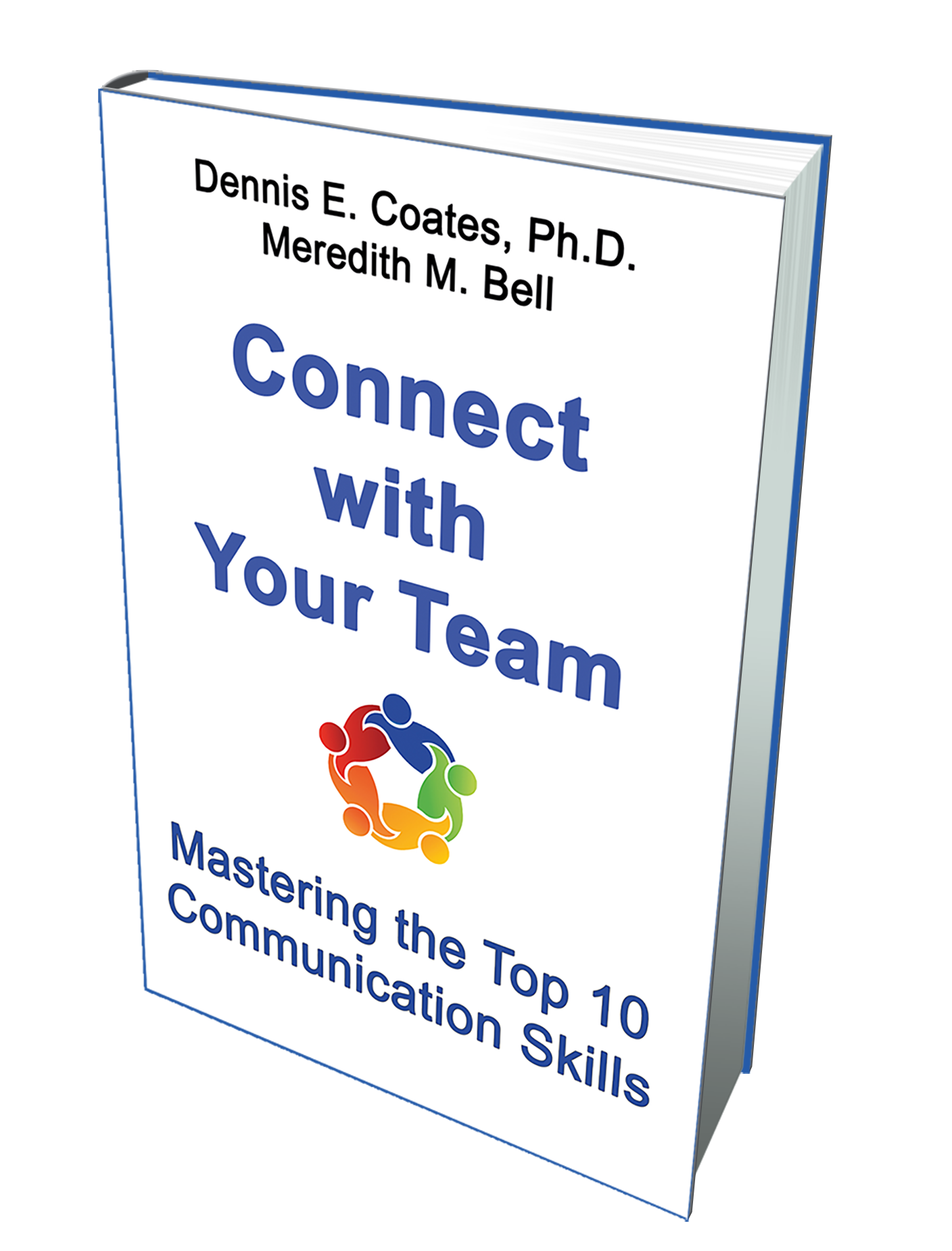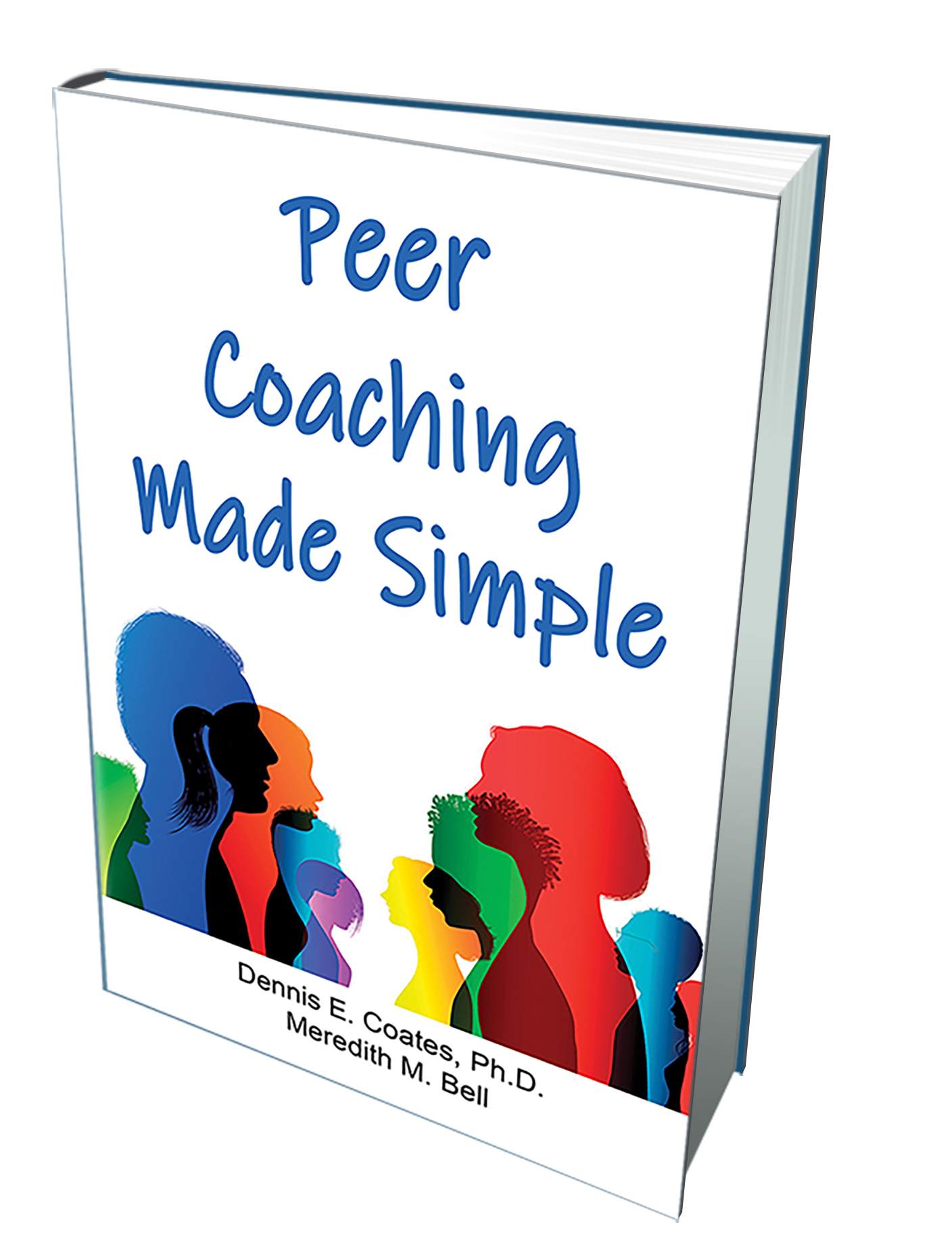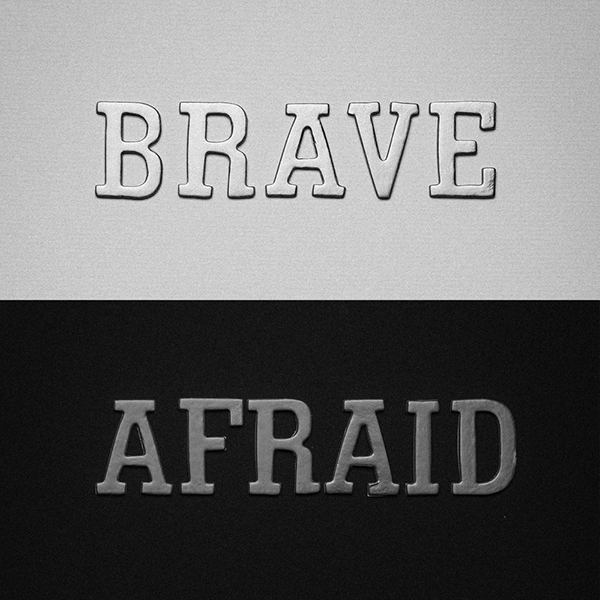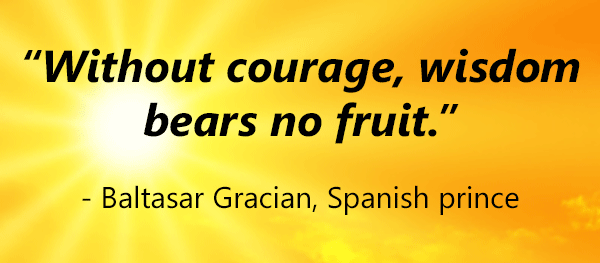
344: Leading with Love and Service at the Arizona Diamondbacks
344: Leading with Love and Service at the Arizona Diamondbacks
What if the most powerful thing you could do as a leader is to see greatness in others that they can’t see in themselves? That’s the philosophy that has guided Ken Crenshaw, longtime Director of Sports Medicine and Performance for the Arizona Diamondbacks. Drawing on values learned from his small-town ranch upbringing and a pivotal mentor in high school, Ken has built a leadership approach centered on service, humility, and love. His stories remind you that even the simplest principles, when applied consistently, can transform lives and teams.
In this conversation, you’ll hear how Ken integrates self-awareness, vulnerability, and authentic listening into his work with athletes and staff. He explains how culture is a living, breathing force that requires daily care, and why crucial conversations rooted in love are essential for growth. Whether you lead a business, a sports team, or a family, Ken’s wisdom will inspire you to slow down, listen deeply, and commit to helping others reach their full potential.
You’ll discover:
- How a high school coach’s tough love shaped Ken’s leadership philosophy.
- Why self-awareness and feedback are game-changers for leaders.
- The role vulnerability plays in accelerating personal and professional growth.
- Practical ways to build a culture rooted in love, trust, and shared purpose.
- How to recognize and call out the hidden potential in others.
Watch the episode:
Website
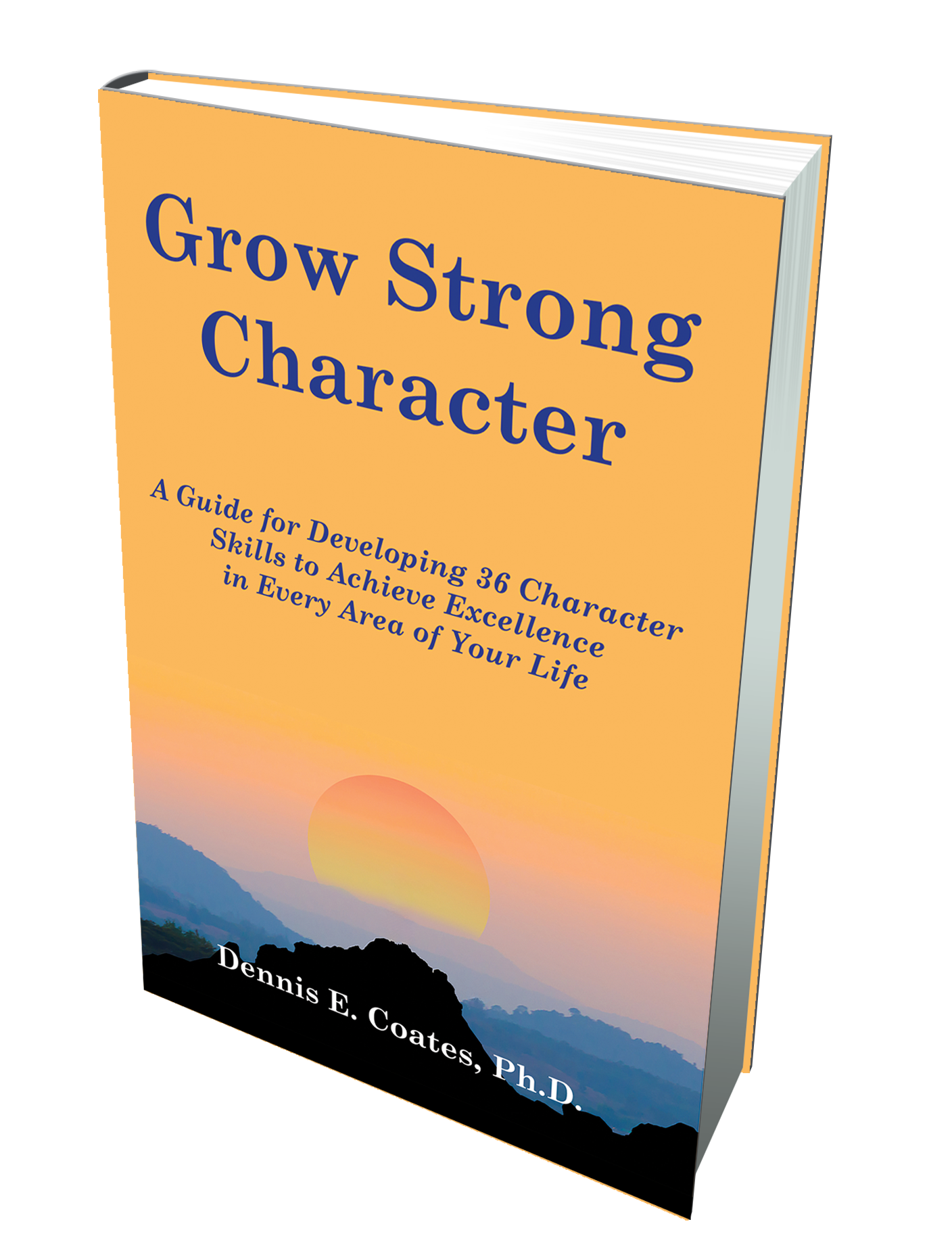
Grow Strong Character
Dennis E. Coates, Ph.D.
Connect with Your Team
and Meredith M. Bell
Peer Coaching Made Simple
Dennis E. Coates, Ph.D.,
and Meredith M. Bell







